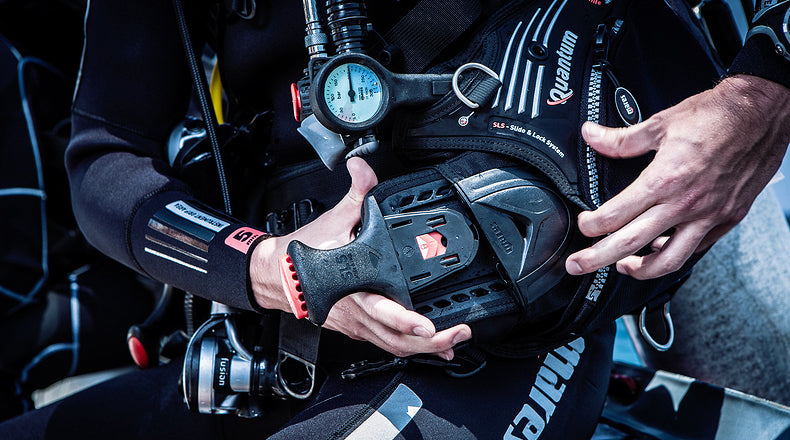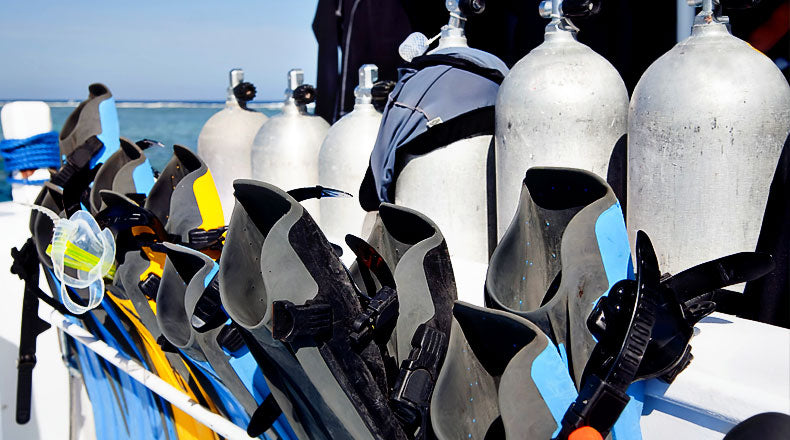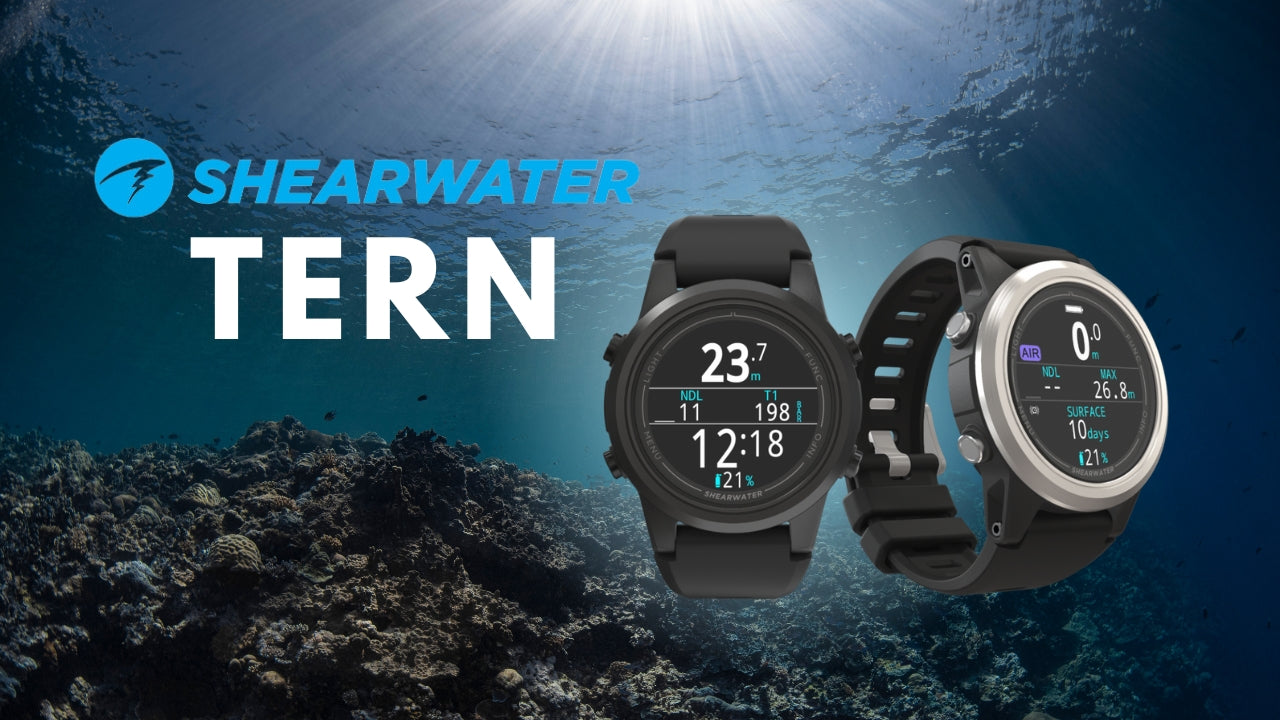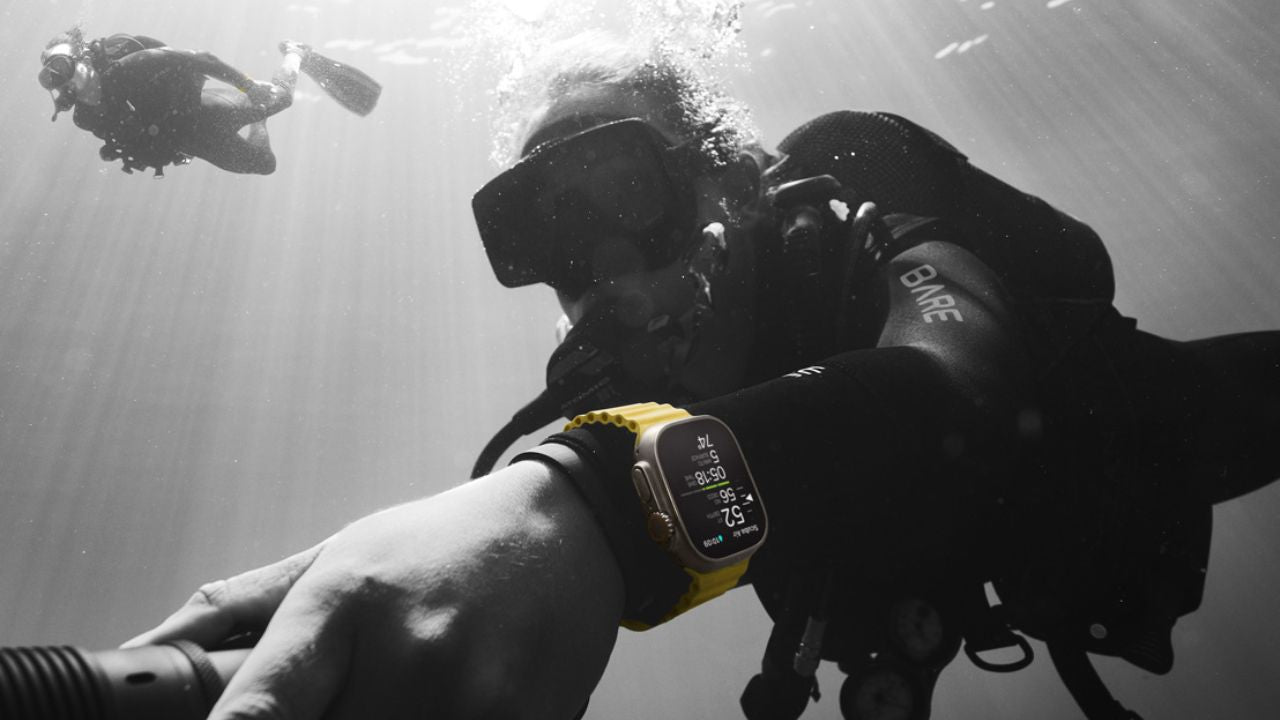Scuba Gear Maintenance: 10 Things You Should Never Do

Scuba diving is an equipment-intensive sport. We need our gear to breathe, see clearly and control our buoyancy underwater, yet it is amazing how many divers do not care for their equipment properly. Regular user maintenance includes visual inspection, cleaning, pre- and post-dive care, as well as correct handling and storage.
To find out what you SHOULD DO in order to prolong the life of your gear, feel free to look over the following articles:
Pre-Dive Equipment Check and Setup Guide
When you are about to dive underwater, your scuba gear is your life support, and having it properly setup is key to a safe and comfortable dive. Therefore, your pre-dive preparation and especially the equipment check shouldn’t be taken lightly. In case there are any equipment issues, it is important that you discover them before getting into the water.
Long-Term Dive Gear Storage Guide
Scuba diving is something that’s hard to give up once you’ve tried it - it’s a surreal exhilarating and addictive experience. From time to time, though, either seasonally or due to other circumstances, you may need to put this hobby on hold and pack your gear away for long-term storage. Making sure you store your scuba equipment properly goes a long way towards prolonging its life. So, in this article, we have prepared some recommendations on where to store, and how to pack your gear so that it stays in tip-top shape.
But what are the big no-nos when it comes to equipment maintenance?
1. Do not disassemble your regulator. A scuba regulator is a complex piece of life-support equipment. Its internal maintenance requires special tools and skills. Even if you do manage to open it and get it back together again correctly, you'll probably void the warranty as a result. So unless you are a certified technician, removing the second stage cover to clean out sand should be the limit of doing it yourself. The same goes for your dive computer, gauges, etc.
2. Avoid pressing the purge button if the regulator is submerged unpressurized. Doing so may result in moisture entering the valves, which, in turn, will require that the regulator is returned for a full service. For the same reason, you should also avoid loosening the first stage yoke screw and turning out the inhalation control knob (if present) when the regulator is underwater and not pressurized.
3. Never fill or use a cylinder that is leaking. If you suspect that your scuba tank is leaking, take it to the closest dive shop for an inspection and a thorough examination. Do not try to tighten the valve if the cylinder is leaking around its neck.
4. Avoid throwing the cylinder into the sand or on the ground. As a general rule, you should try to protect your tank from falling and rolling around. Impact against hard objects can damage the cylinder or shear the valve.
5. Don't use abrasives or chemical solvents to clean your equipment. Various chemical-based products can shorten the life of, or even completely destroy, your dive gear. Solvents, for example, are likely to damage the plastics used to house most instruments. Petroleum jelly will degrade the silicone and destroy rubber o-rings. You should also keep your equipment away from oil, gasoline, aerosols, and alcohol. To know exactly which products you can and cannot use with each particular piece of equipment, read the manuals or ask advice from a certified technician.
6. Do not wash your wetsuit in a washing machine. It may seem like a no-brainer, but you don’t wash your wetsuit in the washing machine and dry it in the dryer. Instead, let your wetsuit soak in warm water for a few minutes. Add some wetsuit shampoo if necessary. Then rinse the suit thoroughly inside and out. By the way, you should also avoid using bleach or strong washing powder on your wetsuit.
7. Don't try to perform major alterations on your wetsuit. Small cuts or tears on your suit can be easily repaired with wetsuit glue. However, if you have a major tear or need to do some alterations, requiring darts and curved seams, better leave it to experts.
8. Do not store your fins stacked up against the wall. Keeping your fins in this position for a long time will make them lose their shape, and fins are useless without their shape. It is best to lie them down or hang them by their strap. Bonus points if you store them with an insert. On a similar note, you should also avoid standing on the tips of the blades of your diving fins to support your weight in the water.
9. Don’t leave your equipment in direct sunlight or heat. The sun will dry your gear fast, and the UV rays will break down rubber and fabric. Dry your equipment in the shade or, better yet, indoor drying rooms. Store it in a cool, dry, ventilated area.
10. Never pack your gear away until it is thoroughly dry inside and out. If you fail to let the materials dry all the way through, bacteria and mildew will grow, and the quality of the gear will inevitably degrade. Metal parts may become rusty. Plus, your gear will end up smelling bad.
As you can see, most of these tips are entirely common sense, but hopefully reiterating some of the things you should never do with your gear will help you care for it better and avoid unpleasant surprises. Remember, properly maintained gear is one of the best insurance policies for staying safe while diving.





![9 Best Dive Computers in 2024 [Reviewed & Updated] - DIPNDIVE](http://dipndive.com/cdn/shop/articles/best_computers2.jpg?v=1658752532)
